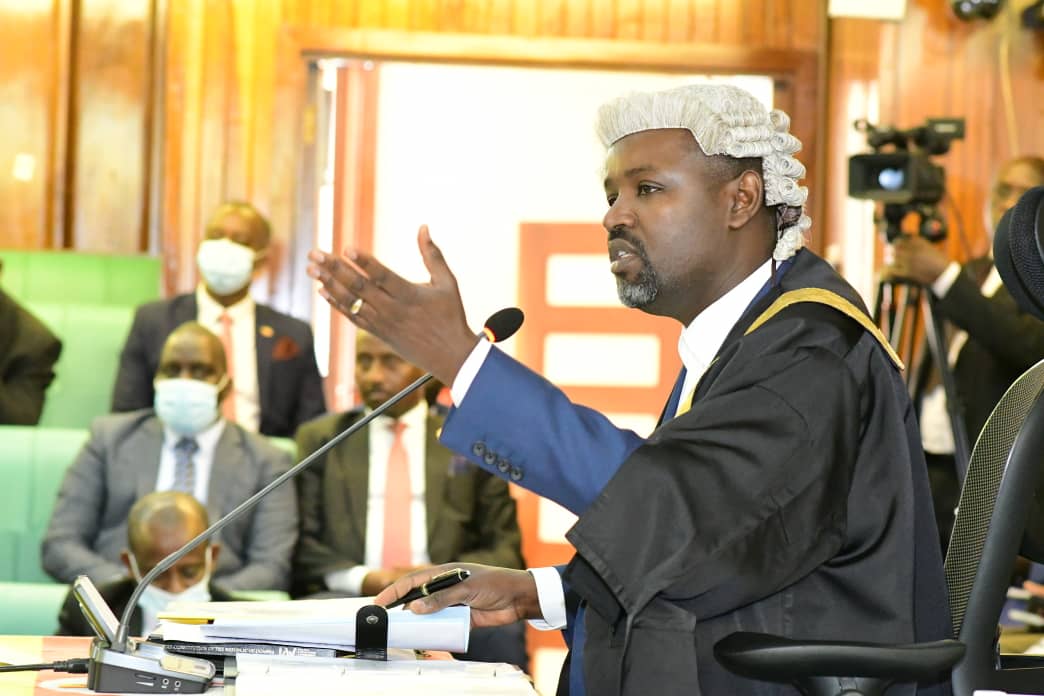In Uganda, betting is as legal as chapati stalls. But just because something is lawful doesn’t make it the wisest choice—especially if you’re the wife of the Deputy Speaker of Parliament. When Anita Tayebwa Rukundo appeared in an advert for her family’s betting company, it left many Ugandans scratching their heads harder than gamblers trying to understand odds.
The Legal Perspective
The Gaming and Lotteries Act, 2016, regulates betting in Uganda. It requires operators to obtain licenses and comply with standards to ensure fairness and protect participants. However, the same law indirectly acknowledges the risks, requiring operators to provide information about the dangers of gambling addiction. The law, while aiming to regulate, does little to mitigate the social consequences of betting, particularly its grip on the youth.
Ethical Concerns
Betting, though a booming industry, exploits vulnerability. The majority of participants are low-income earners, many of whom gamble away hard-earned money chasing false promises of wealth. Studies in Uganda reveal that betting can lead to financial ruin, family breakdowns, and addiction—particularly among young people. A 2021 report by Makerere University researchers showed that 64% of youth who bet do so out of economic desperation, not entertainment.
Given these realities, why would someone so close to the helm of national leadership embrace a business that thrives on the weaknesses of others? Leadership comes with moral obligations, not just legal rights. Surely, there are countless other ventures that could enhance the Tayebwa family’s legacy without raising eyebrows—or blood pressures.
Whose bet?
Hon. Tayebwa is known for having a sharp business mind. From real estate to logistics, his ventures speak of strategy and substance. But a betting company? That’s like a doctor opening a fast-food joint next to his clinic—it may be profitable, but it raises ethical questions. And in this case, one wonders: Is it really Anita’s Bet or Thomas’s Bet?
Moreover, as a politician, Hon. Tayebwa must be aware of the optics. While his wife has every right to engage in business, the public will inevitably connect her choices to him. Ugandans will ask, “If he can’t steer his wife away from controversial ventures, how does he plan to steer the nation away from its own challenges?”
A Kinder, Smarter Approach
Here’s a thought for Anita Tayebwa: Why not invest in ventures that uplift rather than exploit? Social enterprises, youth empowerment projects, or even tech startups could enhance the Tayebwa brand while also addressing Uganda’s pressing issues. A solar energy business? A farm-to-market initiative? These are “bets” that promise sure returns—both ethically and financially.
Final Word
Anita’s decision might make economic sense, but it flunks the ethics test. Hon. Tayebwa’s role in this saga remains unclear, but he’d do well to roll the dice on a family brand that represents hope, not heartbreak. Because in the court of public opinion, there’s no jackpot for reputation, and no one can afford to gamble it away.
Do you have a story in your community or an opinion to share with us: Email us at Submit an Article








